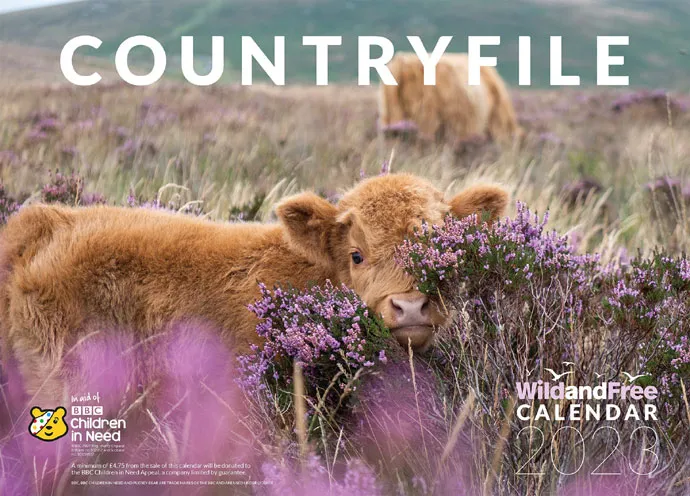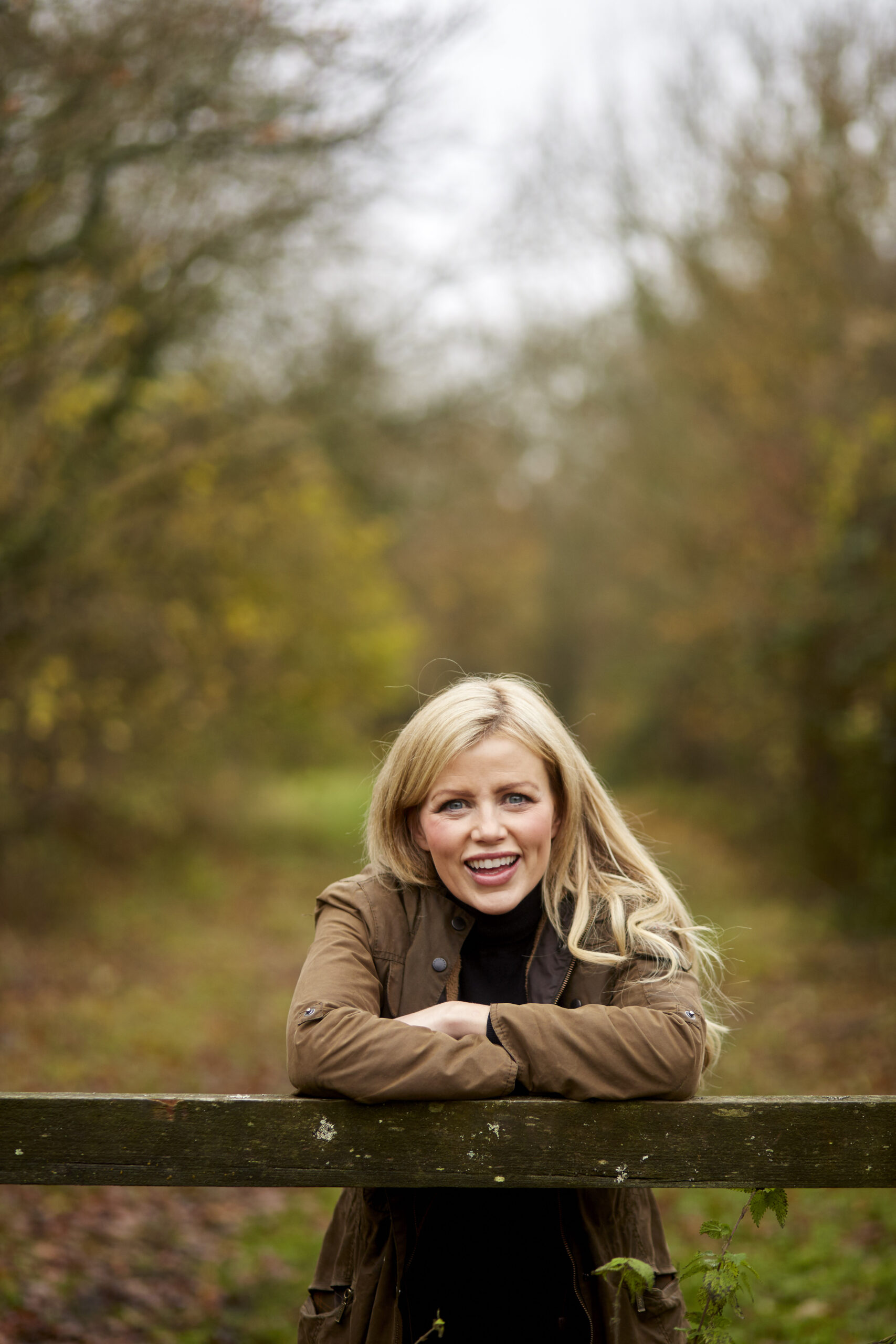Drawing a circle with a stick in the sand around our tent to ward off predators was scant comfort, set against the clandestine operations of uniformed men in the distance across the water and the colossal monolith of concrete Kariba Dam directly above our heads.
Despite fresh paw prints the next morning, it was the sound of water trickling down the dam wall that made me relieved to be packing up next morning. As a teenager, backpacking in Zimbabwe gifted me with treasured memories: kayaking among crocodiles in Lake Kariba; slaloming away from territorial hippos along the Zambezi; and researching elephants for my dissertation in the northern villages. On return, my grandparents’ friends would refer to my trip to ‘Rhodesia’ and I would wince because of the colonial associations with that name. It was the name they had always known it by. Zimbabwe was the name I had always known it by. And these names seemingly evoke feeling.
The Brecon Beacons will, from its 66th birthday on 24 April 2023, be known as Bannau Brycheiniog. It is part of a drive to improve nature and the area’s culture and heritage, and is the second of Wales’ national parks to adopt a Welsh-only name, following Eryri (formerly Snowdonia) last year. The change of name has brought celebration, along with some uncertainty among those who ask whether it is a political move, or businesses who rely on the old name.
A beautiful score accompanies a short film with Michael Sheen that shares the possibility of a Bannau Brycheiniog that is cleaned up, richer in wildlife, darker at night and supportive of local people. A powerfully delivered end tells of “an old name for a new way to be, a name from our past to take us into the future”. I’m left with one certainty: that Michael Sheen is a far, far superior Countryfile presenter than I am.
Bannau Brycheiniog translates as the Peaks of Brychan’s Kingdom, named after 5th-century King Brychan, whose borders approximately match those of the national park. It evokes an ancient history, but why a snapshot of Early Middle Ages borders and nobility? Why not Welsh names from another time in history, or affectionate Welsh nicknames from people who farmed there? Or, because we are naming a landscape in 2023, laid down 485–443 million years ago during the Ordovician, named after the Welsh tribe of Ordovices, another name entirely?
To whom do places belong? Not perhaps to Johnny-Come-Lately with imperial, iron backhands across the map. But which peaceable generation in the past 70,000 years of human history, or at least in the last 5,000 years of record keeping, gets to carry its heritage through time?
The notes I have made over the years about British wildlife fill many files on my computer. At one time, I thought it would make me stand out as clever if I could name as many animals as possible. If I hadn’t snapped out of it, it could have been a lifetime’s endeavour. And I didn’t even take on the Latin names, so created to avoid confusion across countries and localities that have their own names for the same animal: the name for an animal that doesn’t belong to any one place, know its name or become in any way different because of a name.
Our appreciation of nature does not depend on whether we can put a name to it. And I wonder whether we wildlife filmmakers have inadvertently put up a barrier to parents going into nature with their children through fear of not knowing facts about the animals and land that they are among, because the truth is, it doesn’t matter. Nature is felt, not named. It is in our hearts, our survival and our senses, not in our capacity to write an academic paper about it and not in our ability to name it.
As Indian philosopher Jiddu Krishnamurti said: “The ability to observe without evaluating is the highest form of intelligence.”

